Events
Workshop on national systems of innovation
Description
On 13–14 October, the Technology Executive Committee (TEC) held a workshop on Strengthening national systems of innovation in developing countries, covering the entire technology cycle for climate technology. This workshop was held at the Wissenschaftszentrum in Bonn, Germany. The TEC organized the workshop to faciliate the implementation of its 2014-2015 rolling workplan. The workshop supported the TEC’s work on enhancing enabling environments for and addressing barriers to technology development and transfer, in accordance with its mandated functions. It had three sessions:
- Strengthening national systems of innovation
- Issues related to knowledge transfer between national systems of innovation
- Knowledge transfer mechanisms: enhancing collaboration
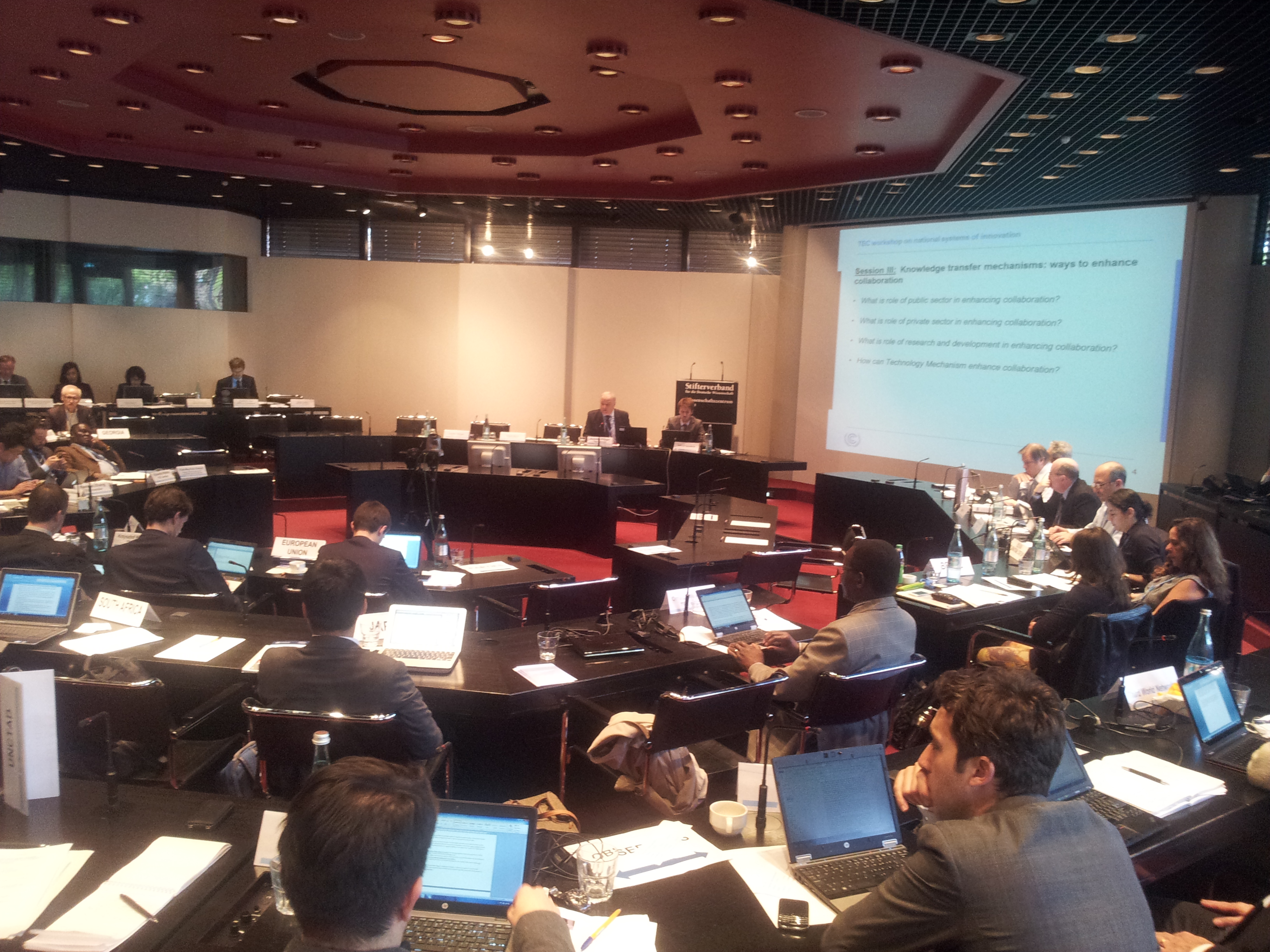
Documents
Workshop summary
Workshop documents
Reference documents
- TEC/2013/7/10 Report of the thematic dialogues on enablers and barriers
- TEC/2013/7/8 Summary report of thematic dialogue on RD&D
- FCCC/SB/2013/1 Joint annual report of the TEC and CTCN for 2013
- FCCC/SB/2012/2 Report on activities and performance of the TEC for 2012
Webcast and virtual participation
All stakeholders were invited to follow the workshop through the webcast and participate in the workshop discussions via social media. By using the Twitter hashtag #climatetech, stakeholders were able to tweet questions for the consideration of the workshop participants.
Presentations
Session I: Setting the scene: national systems of innovation | Session II: Issues related to knowledge transfer between national systems of innovation | Session III: Knowledge transfer mechanisms: ways to enhance collaboration |
|---|---|---|
Overview: What are national systems of innovation for climate technology? Mr. Lee Branstetter, Professor Heinz College, Carnegie Mellon University Ms. Mary O’Kane, NSW Chief Scientist and Engineer Global Innovation Index Advisory Board Member Mr. Emrah Alkaya, Expert Technology Development Foundation of Turkey Case study - Strengthening national systems of innovation in Latin America Mr. César Parga, Chief, Competitiveness, Innovation and Technology Section The Organization of American States | Multilateral technology cooperation and the role of joint projects Mr. Jean-François Gagné, Head, Energy Technology Policy Division International Energy Agency Transferring climate technology knowledge and developing national capacity to absorb knowledge - 1 Mr. Ambuj Sagar, Professor, Indian Institute of Technology Transferring climate technology knowledge and developing national capacity to absorb knowledge - 1 Mr. David Ockwell, Professor, University of Sussex Measures identified in technology action plans to enhance national capacity Mr. Ivan Nygaard, Senior Researcher United Nations Environment Programme DTU Partnership Licensing and patents as a mechanism for knowledge transfer between national systems of innovation (no slides used) Mr. Anatole Krattiger, Director, Global Challenges Division World Intellectual Property Organization Mr. Bart van Looy, Professor Katholieke Universiteit Leuven Private sector experiences in enhancing collaboration on knowledge transfer - 1 Mr. Yuichiro Kawamura, Vice President Honda Patents and Technologies North America Private sector experiences in enhancing collaboration on knowledge transfer - 2 Mr. Bento Koike, Founder and Board Member Tecsis Tecnologia e Sistemas Avançados, Brazil Private sector experiences in enhancing collaboration on knowledge transfer - 3 Mr. Paul Needham, President Simpa Networks Case study - Experiences in receiving and absorbing knowledge Mr. Paresh Verma, President Bioseed Research India | Collaboration on climate innovation for a low carbon and climate resilient Africa Mr. James Kinyangi, Regional Programme Leader CCAFS East Africa International Livestock Research Institute Case study: Chile, the role of the national designated entity in fostering national innovation Mr. Juan Ladrón de Guevara, Executive Director National Council for Clean Production, Chile Mr. Edward Mungai, Chief Executive Officer Kenya Climate Innovation Centre |
Speaker biographies
Speakers are listed in order of appearance in the agenda.
Photo | Speaker |
|---|---|
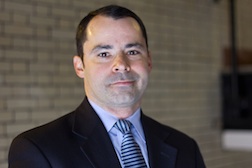 | Mr. Lee Branstetter is a Professor of Public Policy and Economics at Carnegie Mellon University and a non-resident senior fellow at the Peterson Institute for International Economics. He is also a research associate of the National Bureau of Economic Research. Professor Branstetter's areas of research expertise include the economics of innovation, the role of multinationals in international technology diffusion, and the impact of intellectual property laws and policies on innovation and technology transfer. In 2011-2012, he served as the Senior Economist for International Trade and Investment on the staff of President Barack Obama's Council of Economic Advisers. He was a consultant to the OECD Science and Technology Directorate, the Advanced Technology Program of the U.S. Department of Commerce, the World Intellectual Property Organization, and the World Bank. Mr. Branstetter holds a Bachelor of Arts in economics and mathematical methods in the social sciences from Northwestern University and he earned his Ph.D. in economics at Harvard in 1996. |
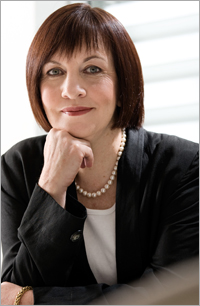 | Ms. Mary O’Kane is a Global Innovation Index Advisory Board Member and the NSW Chief Scientist and Engineer. In the innovation sphere, Professor O’Kane serves on the NSW Innovation and Productivity Council, is a reviewer for the Swedish Governmental Agency for Innovation Systems, and is frequently invited to give keynote speeches on productivity and innovation. Professor O’Kane is also a company director and Executive Chairman of Mary O’Kane & Associates, a company focused on knowledge transmission and knowledge transformation. Through her consultancy, Professor O’Kane advises governments, universities and the private sector on innovation, research, education and development. She is a Vice-President and Fellow of the Academy of Technological Sciences and Engineering and an Honorary Fellow of Engineers Australia. In the higher education sphere, Ms. O’Kane was Vice-Chancellor and President of the University of Adelaide from 1996-2001 and Deputy Vice-Chancellor (Research) from 1994-1996. Before that, she was Dean of the Faculty of Information Sciences and Engineering at the University of Canberra. Through O’Kane Associates she advises many universities in Australia and the region. She is a member of the Council of Charles Darwin University and the International Advisory Board of Universiti Tun Abdul Razak. |
 | Mr. Emrah Alkaya is an expert at the Technology Development Foundation of Turkey (TTGV). Mr. Alkaya has been with TTGV since 2008 and his areas of expertise cover the development and management of projects and programs related to resource efficiency, waste valorization, sustainable production and green entrepreneurship. Mr. Alkaya has been actively involved in 16 national and international projects and programmes either as a researcher or an expert/manager. He also led the publishing of 12 scientific papers in peer-reviewed journals and his studies were published in 29 conference proceedings. Mr. Alkaya graduated from the Middle East Technical University (METU) in 2006 with a Bachelor’s degree in environmental engineering. He received his Master’s degree and Ph.D. in environmental engineering from METU in 2008 and 2013 respectively. |
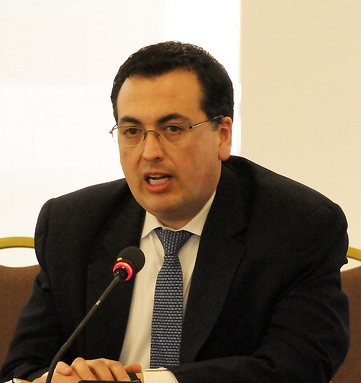 | Mr. César Parga is Chief of the Section of Competitiveness, Innovation and Technology of the Department of Economic and Social Development of the General Secretariat of the Organization of American States (OAS). Mr. Parga is in charge of the OAS Competitiveness Program which serves as Technical Secretariat of the Inter-American Competitiveness Network, a forum that promotes public policy dialogue and exchange of experiences between high-level authorities and public-private competitiveness councils of the region. He also coordinates the support to the Meeting of Ministers and High level Authorities on Science and Technology and the Inter-American Committee on Science and Technology (COMCYT). In the field of trade and integration, Mr. Parga primarily focuses on issues related to trade promotion, intellectual property and innovation and capacity building initiatives for governments, the private sector, and civil society across Latin America and the Caribbean. Mr. Parga is an Adjunct Professor of Law at Georgetown Law Center in Washington DC. He graduated from the Law School of the University of Guadalajara, México and was awarded a Master of Laws Degree (LL.M.) in Patent and Intellectual Property Rights at the Law School of the George Washington University. |
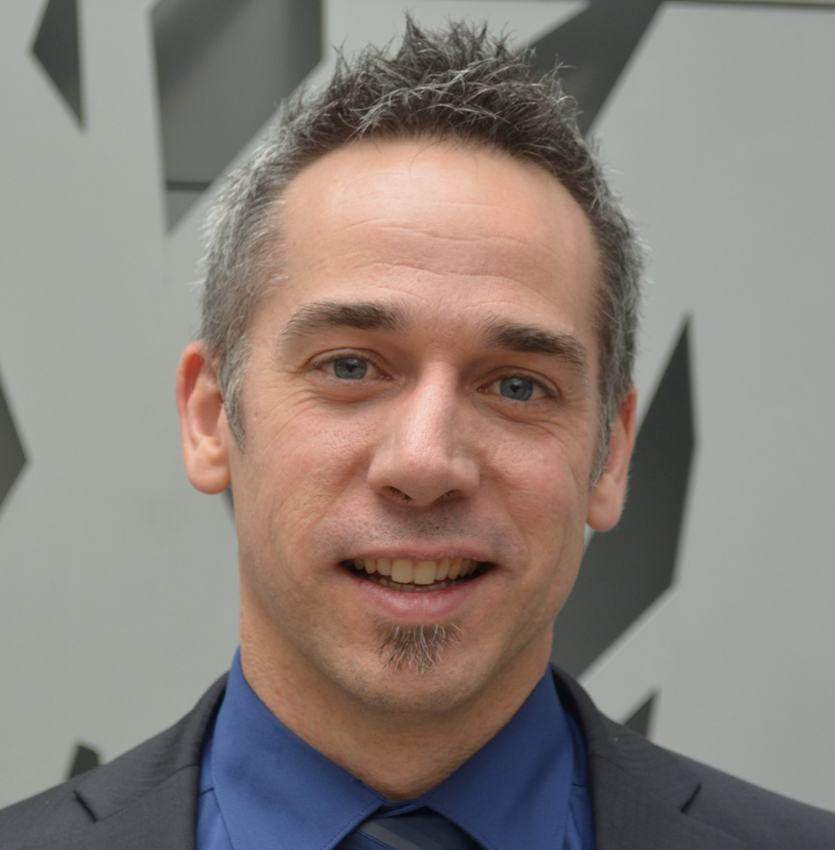 | Mr. Jean-François Gagné is the Head of the Energy Technology Policy Division of the International Energy Agency. In this position he leads the strategic design of the IEA's analytical work on energy technologies and policies and strategies to promote innovation, and supports the IEA international collaborative work on energy technology research and development. Prior to joining the IEA, Jean-François was the Senior Manager of Advanced Transportation Fuels and Technologies in Natural Resources at Canada's CanmetENERGY, where he managed research, development and demonstrations programmes related to clean energy technologies, particularly in the transportation sector. A master’s of mechanical and aerospace engineering graduate from Carleton University, Jean-François has over 15 years of experience in varying fields touching energy and transportation. Mr. Gagné was the Canadian representative on the IEA Advanced Motor Fuels Implementing Agreement (IEA-AMF) where he served as Chair of the Executive Committee that governs this international technology collaboration programme. |
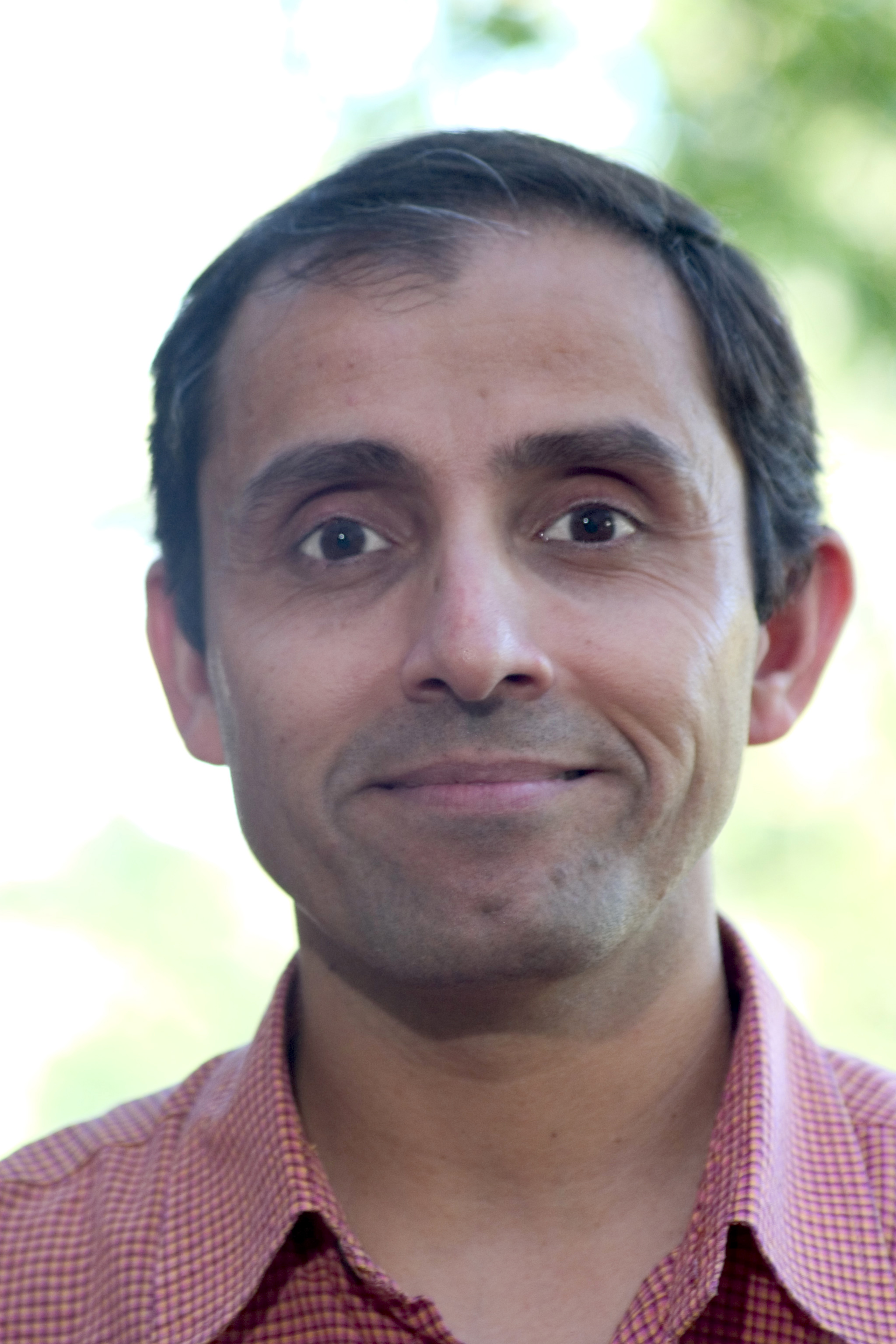 | Mr. Ambuj Sagar is the Vipula and Mahesh Chaturvedi Professor of Policy Studies at the Indian Institute of Technology Delhi. Mr. Sagar’s interests broadly lie in science, technology and innovation policy and energy and environmental policy. He has a particular focus on the interactions between science, technology, and development, especially leveraging innovation to meet environment and development challenges. His recent papers have dealt with energy innovation policy and strategies (in areas such as biofuels, clean cook stoves, coal power, automobiles and institutional mechanisms such as climate innovation centres), climate change policy and politics, and capacity development for the environment. He is a member of the US-India Track II Dialogue on Climate and Energy, the Indo-German Expert Group on a Green and Inclusive Economy and a board member of the US-India Educational Foundation. He also was a member of the Indian Planning Commission’s Expert Committee on a Low-Carbon Strategy for Inclusive Growth and has been consultant/advisor to various Indian Government ministries as well as many multilateral and bilateral agencies. |
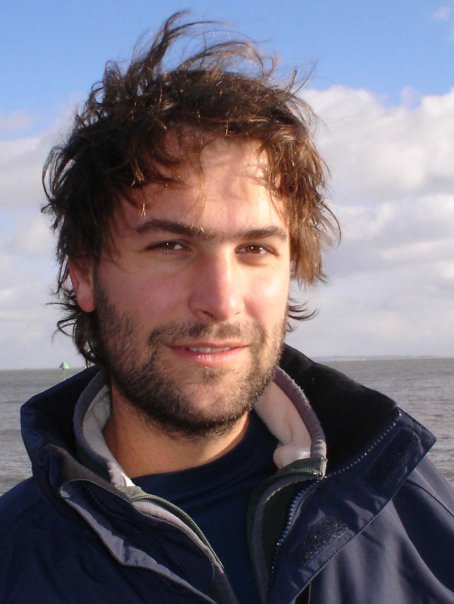 | Mr. David Ockwell is an academic and policy consultant specialising in low carbon energy and international development. He is a Senior Lecturer in Geography at the University of Sussex, UK, Deputy Director of Research in the ESRC STEPS Centre (Social, Technical and Environmental Pathways to Sustainability), a Senior Fellow in the Sussex Energy Group (SPRU) and a Fellow of the Tyndall Centre for Climate Change Research. David has led research collaborations with partners in developing countries (Kenya, India and China) and provided policy advice to inter-governmental organizations (including the UN Framework Convention on Climate Change Secretariat, African Development Bank, Commonwealth Secretariat and OECD Environment Directorate) and governmental departments in developed and developing countries (including the United Kingdom, India and Chile). |
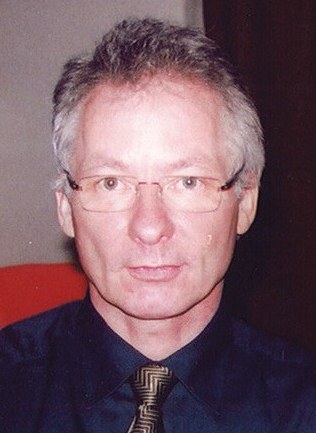 | Mr. Ivan Nygaard is a senior researcher at the UNEP DTU Partnership, (formerly known as the UNEP Risø Centre) part of the Department of Management Engineering at the Technical University of Denmark (DTU). He was overall coordinator of the 12 African countries in the UNEP/GEF Technology Needs Assessment Programme conducted in 36 countries worldwide between 2010-2013. Mr. Nygaard has been involved in a number of research, development and capacity building projects, mainly in Africa. Informed by theoretical approaches to technology transfer, innovation systems and donor/recipient interactions, his main thematic areas are energy access, rural electrification and renewable energy. Before joining UNEP in 2001, Mr. Nygaard worked for more than ten years at the Danish Energy Agency, mainly involved in management and evaluation of development programmes for renewable energy in Denmark. Ivan Nygaard holds a Ph.D. in international development studies from Roskilde University and an MSc in engineering from DTU. |
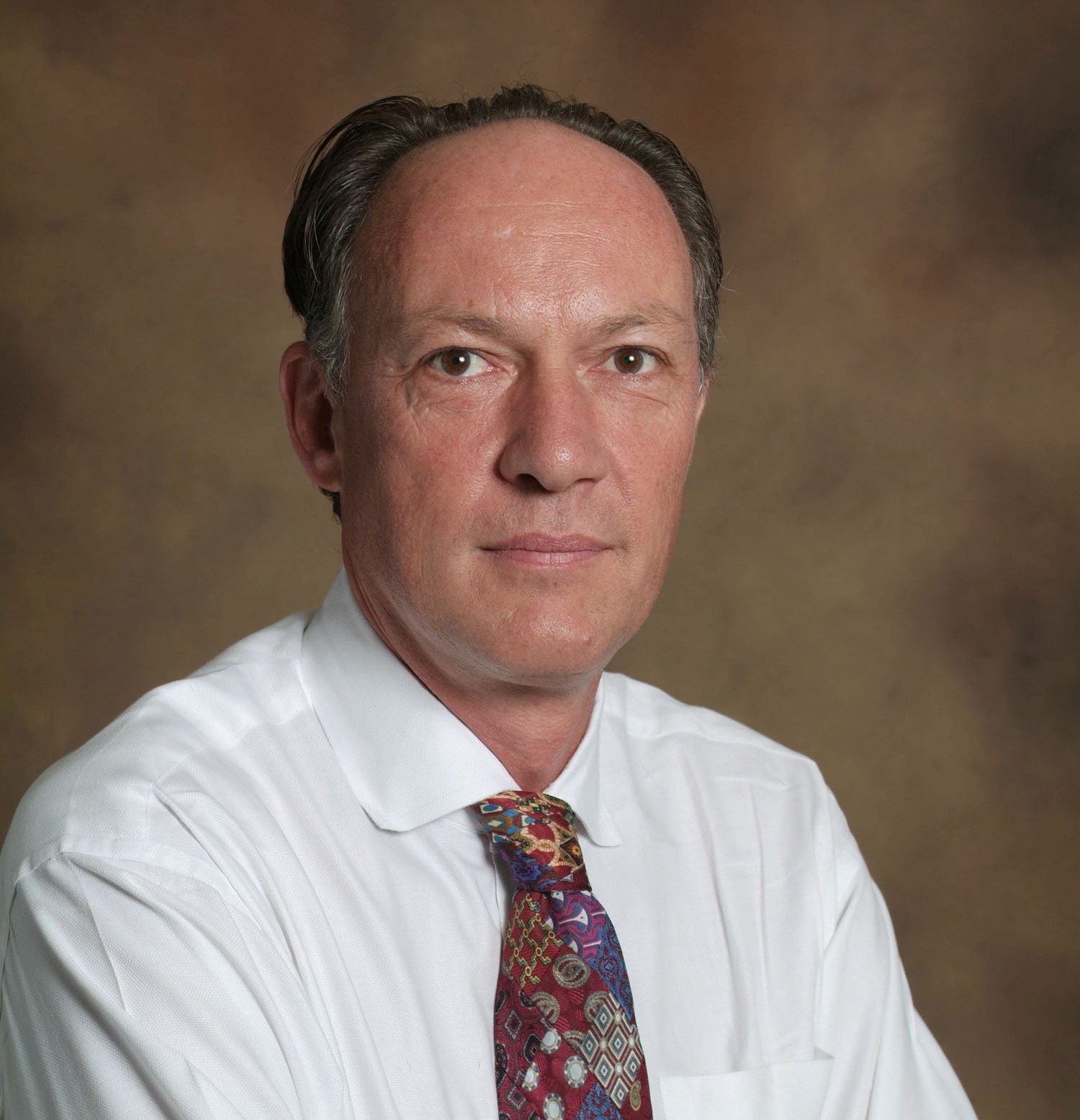 | Mr. Anatole Krattiger is in charge of the Global Challenges Division at WIPO working on global health, food security and climate change. He started his career as a farmer in Switzerland and holds an MPhil in genetics and a Ph.D. in biotechnology, both from the University of Cambridge, England. Previously, he worked at one of the CGIAR centres, CIMMYT, in Mexico on food security. He also worked with a colleague on the creation of ISAAA in 1991, a non-profit international broker of agricultural biotechnology applications for developing countries with programs in a dozen countries and offices in Africa, Asia, Europe and the US, which he led as Executive Director until 2000. For the decade prior to joining WIPO in 2010, Anatole was consulting at the crossroads of development, government, science, businesses, and philanthropy, was Director of Research at the now defunct MIHR (a non-profit organization previously hosted by the University of Oxford), and taught innovation management in health and agriculture at the Sandra Day O’Connor College of Law at Arizona State University, and intellectual property management in the life sciences at Cornell University, USA. He also served as Executive to the Humanitarian Board for Golden Rice. He has published widely, edited several books, and was as editor-in-chief of the IP Handbook of Best Practices. |
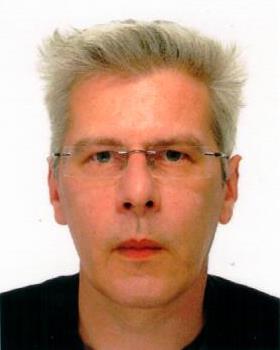 | Mr. Bart Van Looy is a professor at KU Leuven (Innovation and Organization) in the Department of Managerial Economics, Strategy and Innovation (MSI), Faculty of Business and Economics. He also has a (part-time) research affiliation at the University of Twente in the Institute of Governance Studies, OOHR. In addition, he teaches at the MBA program of Flanders Business School in Antwerp where he also acts as Scientific Coordinator. Bart Van Looy is co-promoter of ECOOM (responsible for the service and research activities pertaining to technometrics/patent analysis) and responsible for the research activities of INCENTIM (Research division KU Leuven R&D). INCENTIM conducts applied and basic research in the field of innovation, technology and knowledge intensive entrepreneurship in close collaboration with, inter alia, Eurostat and DG Research (EC). |
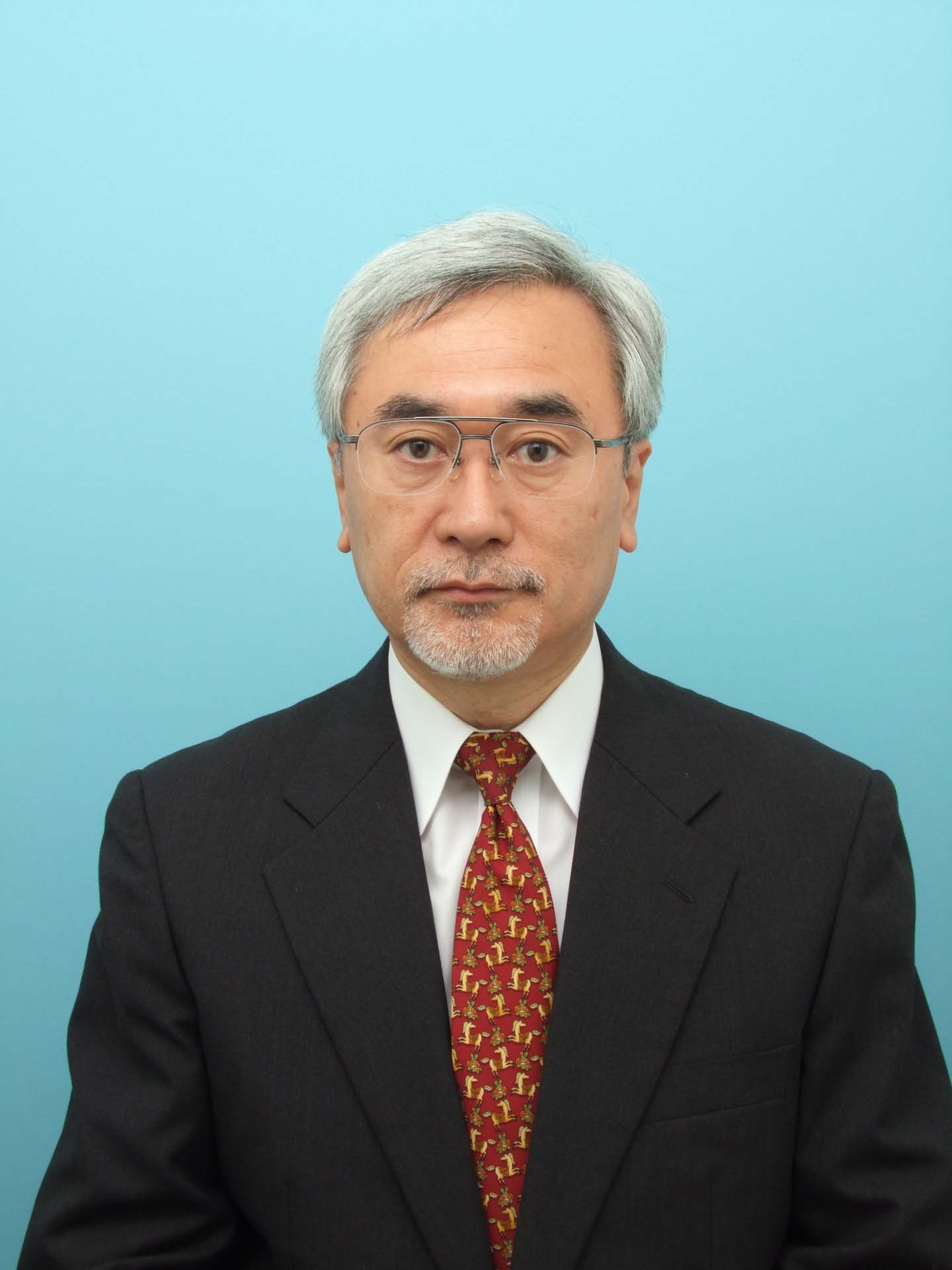 | Mr. Yuichiro Kawamura has been engaging in a variety of intellectual property (IP) business field such as IP administration, IP related technical contracts such as license, joint development, IP litigations, IP management and venture investment since 1980. He started his career from Honda R&D, Honda R&D Americas (Torrance, CA), Honda Motor Co. and Honda Patents Technologies North America. Besides his IP career, he led a project to establish GE Honda Aero Engines, a joint venture for manufacturing turbo fan engines for business jet applications, Guangzhou Honda Automobile R&D company in China in 2007. Since 2008, he was managing general IP activities in Honda Motor global operations. He is currently Vice President of Honda Patents Technologies. His responsibilities are to manage North American Honda IP activities in US, Canada and Mexico. He was a Managing Director and Vice President of Japan Intellectual Property Association (JIPA) since 2008. He led a project team to work with WIPO to establish WIPO GREEN data base services (beta version) in 2011. He was a Vice President of Japan Design Protection Association from 2011. He was also a member of several ad hoc IP study committees of the Ministry of Economy, Trade and Industry and Keidanren. |
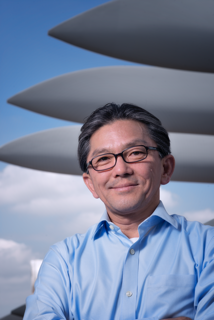 | Mr. Bento Koike. Tecsis Founder and Board Member. Over the past 35 years, Bento Koike has acquired proficiency in technology, innovation and sustainability in the wind energy industry, combining practical experience with a strong academic background. Mr. Koike received bachelor and post-graduate degrees from the Brazilian Technical Institute of Aeronautics (ITA). Following graduation, he devoted himself to research and development at the Aerospace Technology and Science Center (CTA) and the National Institute for Space Research (INPE). During this period, he also spent time in Germany, at the German Aerospace Research Institute, and in Ottawa at the Canadian Communications Research Center. In 1986, Mr. Koike and six friends created a company to develop key parts for the Brazilian Space Program. This opportunity allowed him to fill a gap between academic aerospace research and its application in different segments of the industry. In 1995, Mr. Koike left to establish Tecsis. The company now has over 45,000 equipment installations and clients which include Alstom, Gamesa, General Electric (GE) and Siemens. Tecsis received the award of GE Energy's best global supplier in 2007. Mr. Koike has been covered by the Economist and the Harvard Business Review, among other renowned international publications. The Tecsis trajectory became a case-study at Harvard Business School, and Mr. Koike was recently awarded by Endeavor Global as the 2013 Entrepreneur of the Year. |
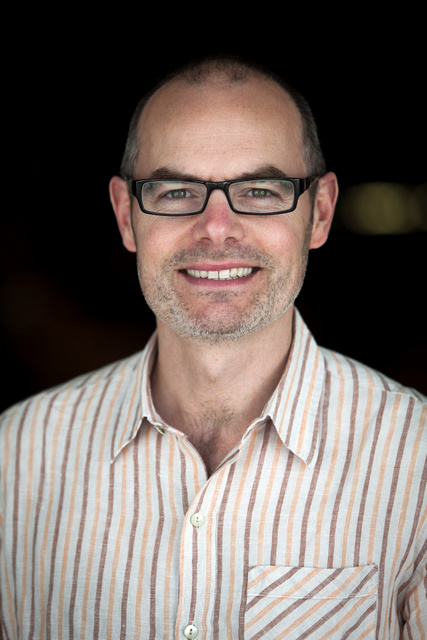 | Mr. Paul Needham. President of Simpa Networks. Paul co-founded Simpa Networks with the bold mission to make clean energy simple, affordable and investible. Simpa sells solar-as-a-service to energy-poor households and micro-enterprises in rural India. Mr. Needham is a seasoned infotech entrepreneur, having started several companies and sold two. Paul has 14 years in senior leadership roles in infotech and energy access sectors having held CEO, vice-president and director level roles at private and public companies including Microsoft. Paul holds a master’s degree in development economics from Cambridge University and now lives with his family in Bangalore, India. |
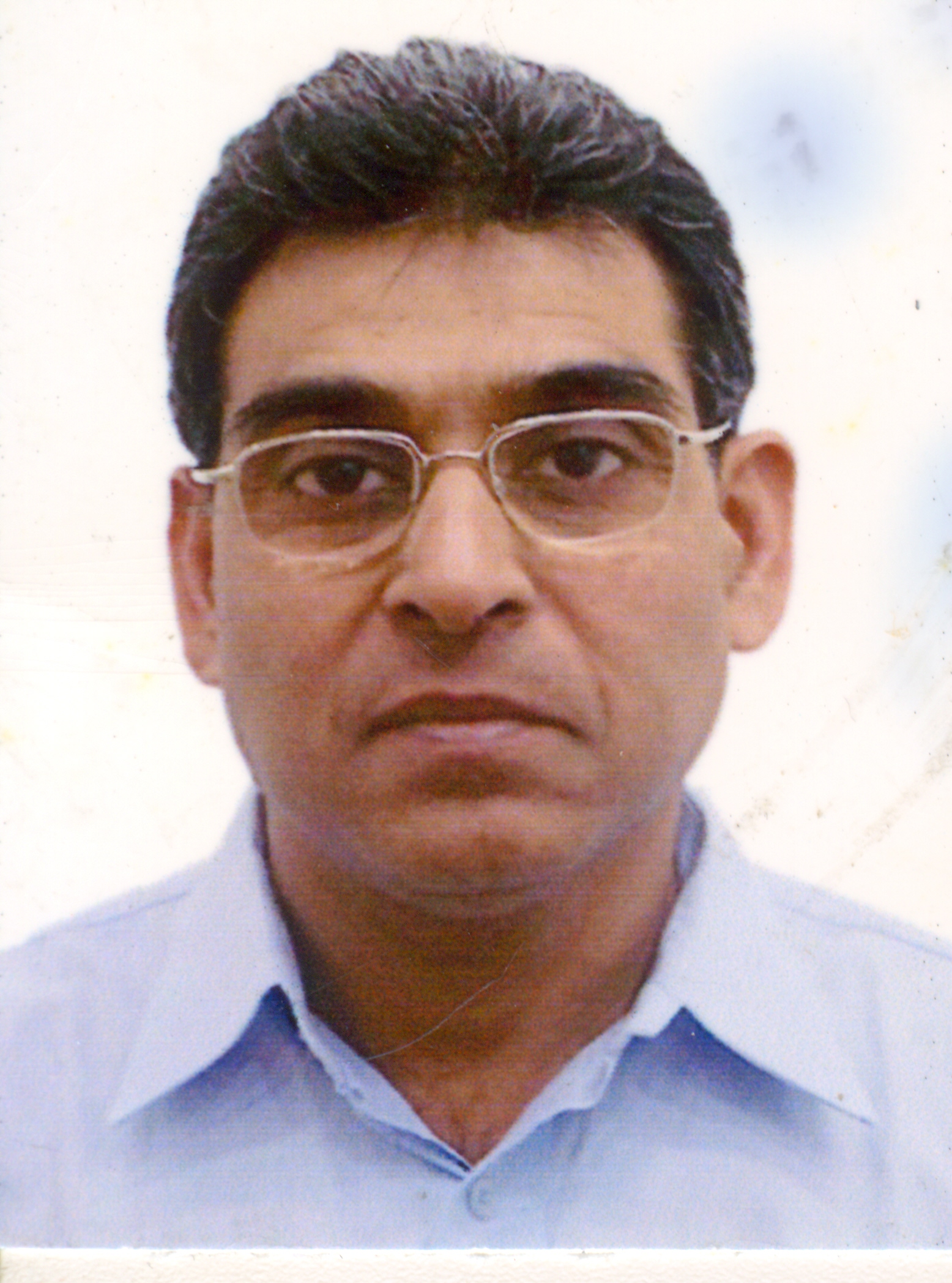 | Mr. Paresh Verma is currently working as President, Bioseed South East Asia and has overall business responsibility for the region. He is also the Global Director Research with overall responsibility of Research and Product Development in Bioseed. He is a member of various national and international industry bodies and plays a key role in agricultural biotechnology policy advocacy in India. Prior to joining Bioseed in 2003, he worked as Director Research in Proagro Seed Company, India and has earlier worked at the University of Nebraska and the International Crops Research Institute for Semi-Arid Tropics. Mr. Verma is a trained plant breeder and holds post graduate degrees from G.B. Pant University of Agriculture and Technology and the University of Nebraska. |
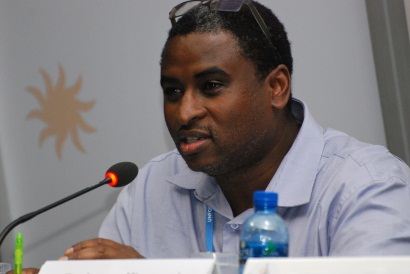 | Mr. James Kinyangi works for the CGIAR Research Program on Climate Change, Agriculture and Food Security (CCAFS), East Africa as a Principal Scientist and Regional Program Leader. He oversees the work of the participating Consultative Group on International Agricultural Research (CGIAR) and non-CGIAR partners and coordinates actions that lead to coherent implementation of the CCAFS regional strategy, linking climate change, agriculture and food security. Mr. Kinyangi has over 15 years of experience in crop-livestock integration, soil-crop modelling, soil and land management, and research partnerships that promote science and policy interactions on climate change, agriculture and food security in Africa. Prior to joining CCAFS, he was the Agricultural Advisor at the Food and Agriculture Organization of the United Nations (FAO). He holds a Ph.D. in soil, crop and atmospheric sciences from Cornell University and MSC in crop and soil sciences, Michigan State University. |
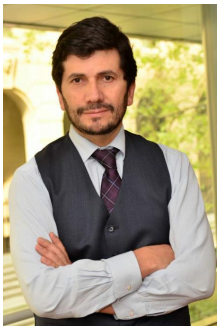 | Mr. Juan Ladrón de Guevara Gonzalez is the Executive Director for the Chilean National Clean Production Council (CPL). The Council has the mission of promoting clean production through public-private cooperation and it aims to achieve greater sustainability as well as a modern and competitive national productive sector. He is also a part-time professor at the Pontifical Catholic University of Chile and an adjunct professor at the University of Chile. Among his past activities, Mr. Ladrón was the CEO of the consulting firm Innovable, specializing in the development of public policies, management of community affairs and innovation in the environmental management industry. He was also the Environment Advisor for the Ministry of Economy, Head of the Innovation Policy unit in the same ministry, and Head of the Planning, Budget and Environmental Information Department of the National Commission for the Environment. He holds a Bachelor’s degree in agriculture science from the University of Chile, with specializations in agriculture economics, conflict resolution and economics of natural resources and innovation. |
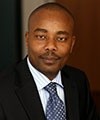 | Mr. Edward Mungai is the Chief Executive Officer of the Kenya Climate Innovation Center (CIC). The CIC supports the Kenyan private sector to come up with holistic renewable energy solutions that will help in the mitigation and adaptation of climate change. Prior to this role he was the head of the regional office for East and Central Africa at the Danish International Investment Funds (IFU). He has worked in Africa, Asia, Europe, the Russian Federation and other Commonwealth of Independent States countries for an accumulated period of over ten years. Before joining IFU he was a manager at KPMG East Africa where he was responsible for corporate finance and transactions services in the East African region. He has also worked as a financial analyst at Genesis Investment Management Limited as a leading Fund Manager in Kenya. He has a proven track record in working with large organizations, multinationals, small and medium enterprises as well as start-ups as a manager, investor and advisor. Edward Mungai holds an MBA from the Copenhagen Business School Denmark and a business degree from Moi University. |
